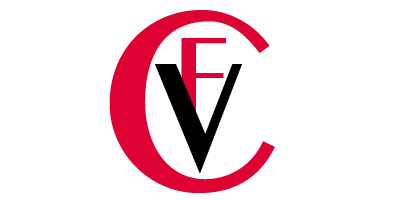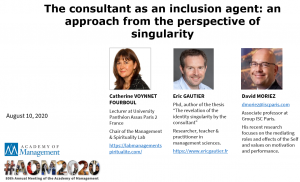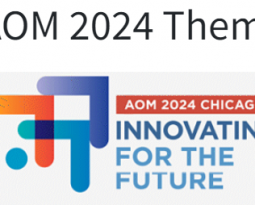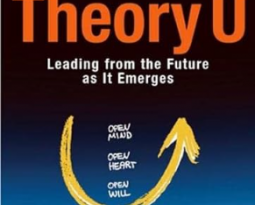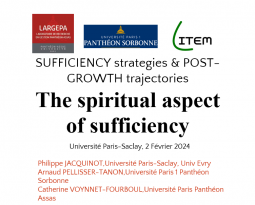Le 10 août, nous présentons avec Éric Gautier et David Moriez, nos travaux dans le cadre de l’Academy of Management 2020 qui devait se tenir à Vancouver et qui se tiendra sous la forme d’une conférence asynchrone.
Notre papier montre le rôle que peuvent jouer les consultants lorsqu’ils accompagnent les chefs d’entreprise et leurs équipes dans une réflexion autour de la singularité et de la raison d’être de l’entreprise. Ce rôle pourrait être plus déterminant pour contribuer à un modèle inclusif dans les entreprises ; en effet le travail sur l’identité et la singularité, permet de servir de repère et de colonne vertébrale à l’inclusion. Lors de ces types d’accompagnement nous avons remarqué qu’il était question de trois manières de susciter l’inclusion : l’inclusion de soi, l’inclusion de groupes et l’inclusion du sens.
La vidéo à la suite en anglais permet d’accéder avec plus de détails au papier.
Voici le résumé en anglais :
With increased workforce diversity, organizations are recognizing the need to create inclusive workplaces. However, there has been very little research about how consultants can enhance workplace inclusion (Nishii, 2013; Oswick & Noon, 2014; Shore, Randel, Chung, Dean, Ehrhart, & Singh, 2011). The revelation of the singularity of four client organizations with the help of a consultant (Kakabadse, Louchart & Kakabadse, 2006; Schein, 1997) provides valuable information. We observed three different modes of inclusion: prototyping, identity revelation, and collective intelligence. Our ethnographic research shows that the identity revelation serves three purposes: 1) self-inclusion, 2) group inclusion, and 3) inclusion of sense. The processes are twofold: the inclusion of members in the expression of their singularity and their preparation for action. All in all, our results show how support in revealing organizational singularity turns out to be a powerful catalyst for inclusion, and the hitherto ignored role of the consultant as an inclusive agent.
